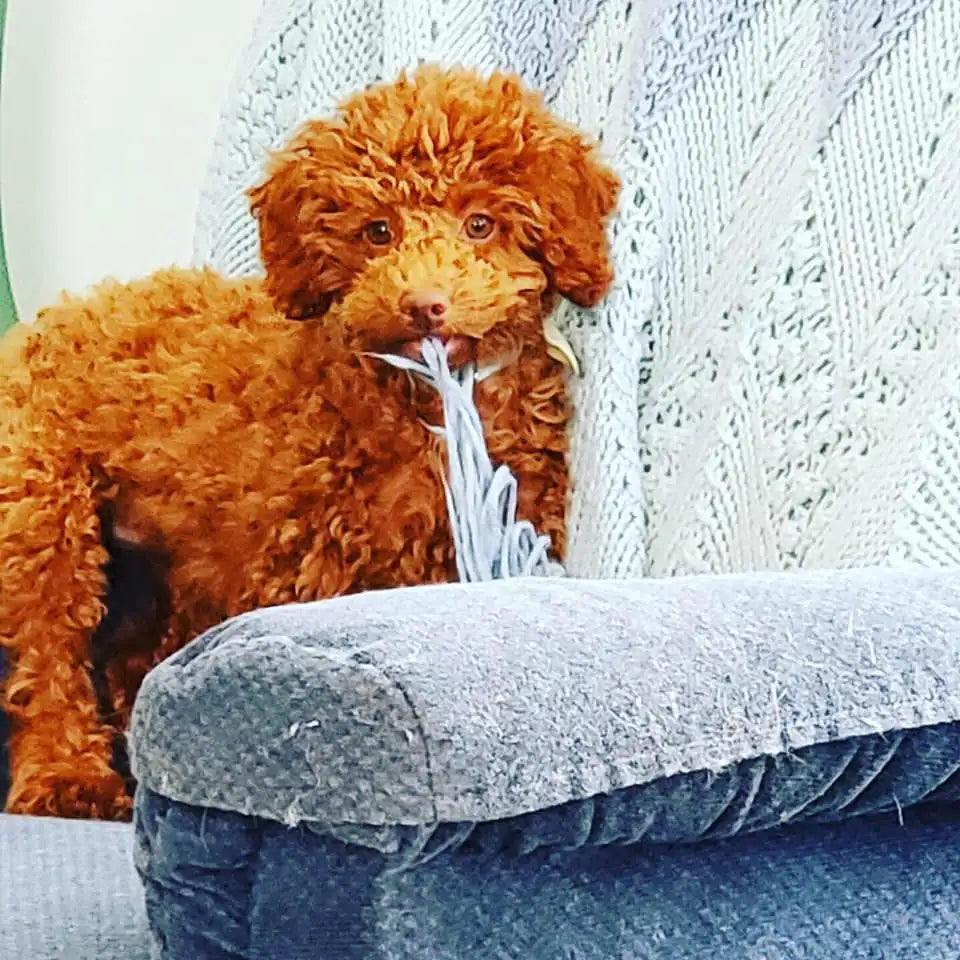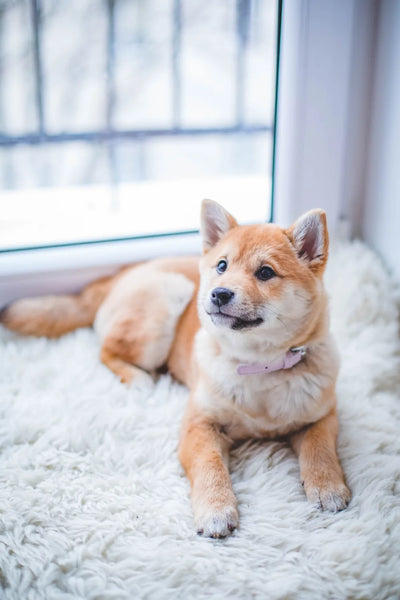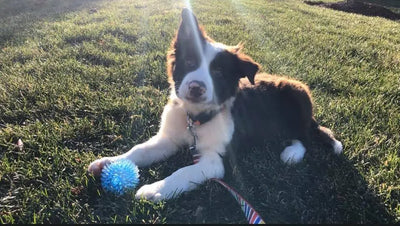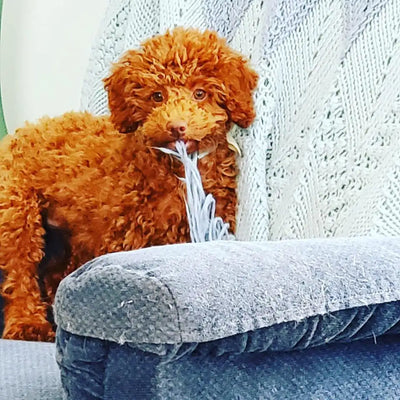Welcoming a new puppy into your life is not something to take lightly. Puppies are lifetime commitments and they can also disrupt your life. Knowing the best breed for your personality and lifestyle also need to factor into not only the type of puppy you will get but whether you even have time for a puppy at all.
Here are some of the things we love about puppies:
- Puppy breath.
- That warm fuzzy feeling you get when a puppy snuggles in.
- The joy they bring when they light up when you enter the room
- The unconditional love they provide
Here are some of the things that make sharing your life with a puppy a challenge – unless you’re aware of all they need and go into puppy ownership with your eyes open:
- House training and cleaning up indoor potty accidents until they are trained
- Chewed shoes and other items
- Biting
- Barking
Puppies are adorable, but they are a lot of work!
Puppies are adorable and that is probably what makes it so easy to forgive chewed shoes, furniture, pee-stained carpets and sleepless nights. Even though a puppy sleeps, sometimes up to fourteen hours a day, they always seem to get their second wind at 4 am, right?
When you bring a puppy into your life you are making a decade (and hopefully more) commitment to help this new bundle of furry joy be a good citizen and a thriving member of your family. A puppy who continues to chew shoes and furniture, who refuses to potty outdoors or who barks all the time for no reason will inevitably begin to wear you down. Because of that, as a responsible pet parent, you need to begin a loving, positive training schedule and program.
What Does A New Puppy Need?
There are a myriad of items new puppies need and we will make this into a series of articles you can come back to, review and implement into your new life with a puppy.
- Feed your puppy four times a day. Puppies have small bellies – even large breed puppies. Feed them four times a day to give their bellies a chance to get accustomed to not only eating, but the daily feeding routine. If you feed your puppy one time or two times a day he will probably gulp his meals and will be in danger of vomiting. If you’re going to change your puppy’s food you need to make small changes and incorporate the new food into his current food. Switching too quickly can lead to belly issues.
- How much sleep is too much? If your puppy sleeps eight, ten, fourteen or even twenty hours a day, that is all right. Puppies are growing so quickly they need their rest to help their bodies catch up with all of the changes. I have always told my training and new puppy clients about my “Ten to one rule” puppies are growing and aging ten days to our one day. They need their rest.
- Choose a name wisely. I have heard of people who have named their dogs simply horrible and disrespectful names – Stupid, LazyPup and others. Give your dog a name he deserves. A name that shows how much you love and respect her. Give your dog a name you won’t be embarrassed telling to your friends or your veterinarian. When you’ve made the decision to share your life with a puppy, you are also deciding he is a member of your family – treat him like one and give him or her a great name.
- Keep your puppy away from strange dogs for a while. A puppy’s immune system isn’t fully developed until she is between four and six months old. You should keep her away from other dogs until she has had all of her vaccinations. I also recommend titer testing your puppy or dog to see if they truly need that booster shot or if their body is still immune to the ailment (rabies, distemper) she is being vaccinated for.
- Potty training. This can be one of the most frustrating tasks a new puppy owner faces. You need to plan trips outdoors following each meal. Take your puppy outdoors when he wakes up from a nap. Create a “trigger word” each time he does his business. A trigger word can be, “outs, or potty, or make, or do your business.” When you create those trigger words you can train your dog to go on “command” and that’s ideal if you’re going to travel with your dog. Consistency is key to house training. Reward your dog with treats and/or praise when he goes to the bathroom outside. It may be difficult, but don’t yell at him when he has an accident in the house – he’s still learning and if you holler at him he will just get crafty and go potty in places you don’t see or can’t find. Patience is key.
In our next “What Does A Puppy Need” article we will discuss: chewing/biting issues, basic commands (sit, stay, heel), crate training, introducing puppy to other pets in the household.





